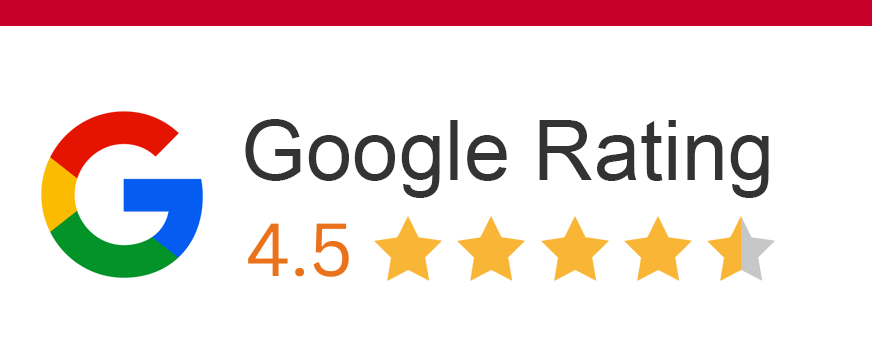You may be able to pay off your debt faster and free up cash for other uses by managing your repayments strategically. Which method do you choose — the debt snowball or the debt avalanche? These are two very popular methods for paying off credit card debt and other types of borrowing. Both are efficient, but they function differently and might not be appropriate in all situations.
Here, we go into greater depth about these two debt repayment strategies so you can decide which is best for you.
Understanding the debt snowball and debt avalanche methods
The Snowball Method of Paying the Debt
The main goals of the Snowball approach are to inspire and build momentum. Pay the minimal amount due on everything but the smallest debt from the list of debts you have just filled out. Try to allocate as much extra cash as you can to the least debt. After you have paid off the smallest debt, add the amount you were paying on it to the next biggest loan. And so on till you have finished each of your debts!
Let us take an example to understand how the method works:
Type of Debt | Amount you Owe | Annual Percentage Rate (APR) | Monthly Repayment Amount | Order of Priority |
Personal Loan | £10,000 | 18% | £460 | 3 |
Credit Card | £5,000 | 12% | £300 | 2 |
Overdraft | £500 | 20% | £20 | 1 |
Total | £15,500 | | £780 | |
The Avalanche Method of Paying the Debt
Making minimal payments on all of your debt obligations except the one with the highest interest rate. When you pay off your debts in this approach, it is called the avalanche method. Any extra funds from your budget will be used to increase your payments on this debt.
The goal is to prioritize paying off the account with the highest interest rate while making payments on your other debts. It can take some time before you entirely pay off this loan because it’s possibly one of your larger ones. But if you go with this strategy, you will typically end up saving money on interest over time.
Assessing the benefits and drawbacks of each method
Pros of Debt Snowball Method
- It gives you a confidence boost and a feeling of accomplishment in the beginning because you will probably be able to pay off the smaller bills very fast.
- It’s an easy process to comprehend and use.
Cons of Debt Snowball Method
- With this strategy, you might not be paying off the most expensive debt first, so you might end up paying more interest over time than if you had utilised the avalanche method.
- It typically takes more time than the avalanche technique to pay off your obligations with this method.
Pros of Debt Avalanche Method
- Focusing first on the debt with the highest interest rate could result in long-term financial savings.
- If you don’t employ the debt snowball strategy, you can pay off your debts more quickly.
Cons of Debt Avalanche Method
- It will take some time. In comparison to the snowball approach, it could take longer for you to experience the confidence boost and sense of success that come with paying off a debt in full.
- You may initially be sacrificing money from your budget or disposable income for a considerable amount of time because it can take some time for you to return your first loan in full.

